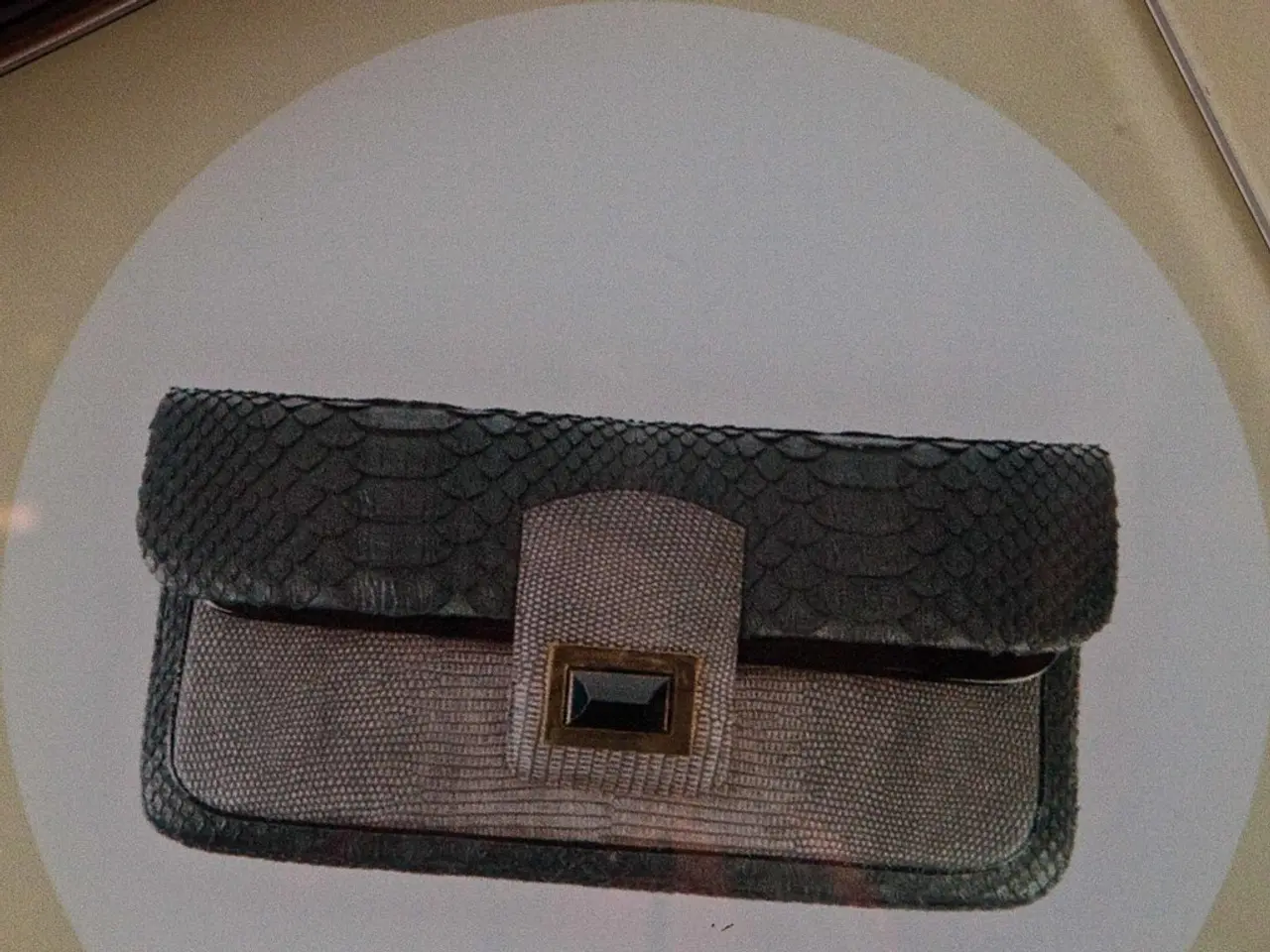Payment Trends Examined in EHI Study: Key Findings
In the ever-evolving world of payments, Germany is witnessing a significant shift towards digital and real-time solutions, while cash usage continues to decline but remains relevant.
Card payments, a staple in the retail landscape, remain widespread, often contactless, and are complemented by mobile wallets such as Apple Pay, Google Pay, and Samsung Pay. These mobile payment options benefit from the growing open banking environment and real-time SEPA Instant payments, which became free to receive in 2025, fostering broad adoption.
The move to retire legacy schemes like giropay/paydirekt indicates a drive towards more unified, fast, and versatile digital wallets. Retailers are planning to integrate further payment methods such as Apple Pay and Google Pay into e-commerce, aiming to provide customers with a seamless and convenient checkout experience.
Online checkout methods are heavily influenced by PayPal’s robust ecosystem, which supports over 30 alternative payment methods in various regions. PayPal's innovations offer seamless “vaulted” checkout experiences, facilitate fast and frictionless payments, and integrate biometric authentication like passkeys.
Buy Now Pay Later (BNPL) services, led on a global scale by providers like PayPal and Square’s Afterpay integration, have seen sharp growth. This points to BNPL becoming an increasingly popular payment method in Germany's evolving market. The growth of eCommerce users in Germany supports continued expansion and innovation in online and mobile payment methods, including PayPal and BNPL options.
Cash is still used but occupies a shrinking role in favour of faster, more convenient solutions. The current trend in Germany’s payment methods shows a strong shift towards digital and real-time payment solutions. However, it's important to meet the requirements of the Barrier-Free Strengthening Act, which ensures that all disabled people have adequate and non-discriminatory access to cashless payments.
A real "War of Wallets" has broken out to gain dominance over mobile payments at the checkout. Wero, a payment service mainly supported by Volksbanks in Germany, is expected to be among the parties in this mobile payment conflict. PayPal has announced its intention to offer a contactless payment option at the checkout.
Retailers are finally ready to invest more in their payment infrastructure after three years, with payment terminals and mobile payment solutions playing a central role in these investments. It's crucial to note that the payment behavior of Germans did not change fundamentally in the past year, with the share of cash payments in sales decreasing by only 1.7 percentage points compared to 2023.
Sources:
- Open Banking in Germany: A Comprehensive Guide
- The Future of Payments in Germany
- E-Commerce in Germany: Market Analysis and Forecasts
- PayPal's Future in Payments: A Look at its Growing Ecosystem
- The Rise of Buy Now, Pay Later in Germany
Technology is playing an instrumental role in facilitating real-time SEPA Instant payments and fostering the broad adoption of mobile wallets like Apple Pay, Google Pay, and Samsung Pay, transforming the finance sector within business. This technological advancement complements the shift towards digital and real-time payment solutions in the evolving German market.
PayPal's innovations, such as vaulted checkout experiences and biometric authentication, aim to integrate seamlessly with the growing open banking environment, reflecting the broader trend of technology integration in the finance sector. The adoption of technologies like these is expected to be a key factor in the ongoing "War of Wallets" over mobile payments, as seen with PayPal's introduction of a contactless payment option.




